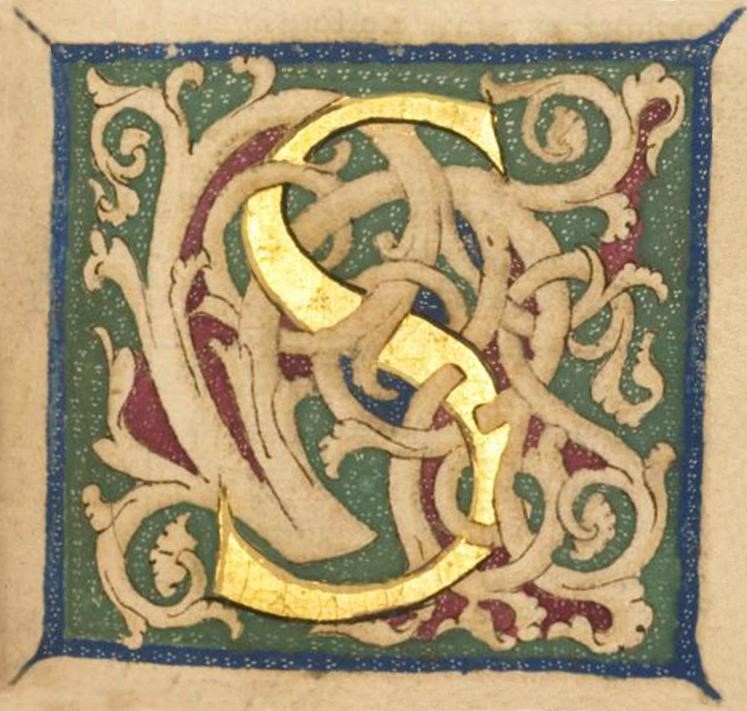The Early Modern Research Centre (EMRC) at the University of Reading was established in 2000 to facilitate research across several departments within the university (English Literature, Classics, Modern Languages, Politics and History), and to encourage collaborative work with other early modernists. Since then, the EMRC has established an enviable reputation for promoting research on the early modern period across academic disciplines. For many people, we are best known for the Early Modern Conference that ran from 1989 until 2017 and for our regular schedule of seminars and summer-term workshops. These events bring early modern scholars from around the world working in the fields of literature, history, art history, politics, modern languages and philosophy, and papers address topics that extend across early modern Britain, Europe and the wider world.
Our distinctive identity is rooted in the use of subject-level excellence to inform innovative and challenging interdisciplinary research. This is particularly important for research on the period between 1500 and 1800, because modern disciplinary boundaries were not then in place and therefore conversations across disciplines are especially productive.
Our current research investigates five broad themes: Travel, diplomatic and maritime literature and culture, History of the book and material cultures, Medical humanities, Reformation Cultures and Communities and Political Thought and Political Change. Our cross-disciplinary approach means that we can investigate topics as diverse as travel drama and the archival records of English sailors and merchants and brings those very different texts into dialogue. We examine political theory found in academic treatises and delivered from public pulpits and in popular tracts. Our work considers the ways in which beliefs about what is natural and what constitutes the natural world altered and how theories of the human body and human emotions exercised an impact on the care of the sick and the understanding of the human mind. And we are mindful of the material nature of the sources through which the men and women who lived before 1800 record their experiences for us to examine, whether in printed books and manuscripts or in material artifacts. The activities of the Centre build upon the research interests of its staff; EMRC boasts an international reputation that is greater than the sum of its constituent parts. The scholars who collaborate in the EMRC provides a lively and supportive environment for academic staff and postgraduate students.


